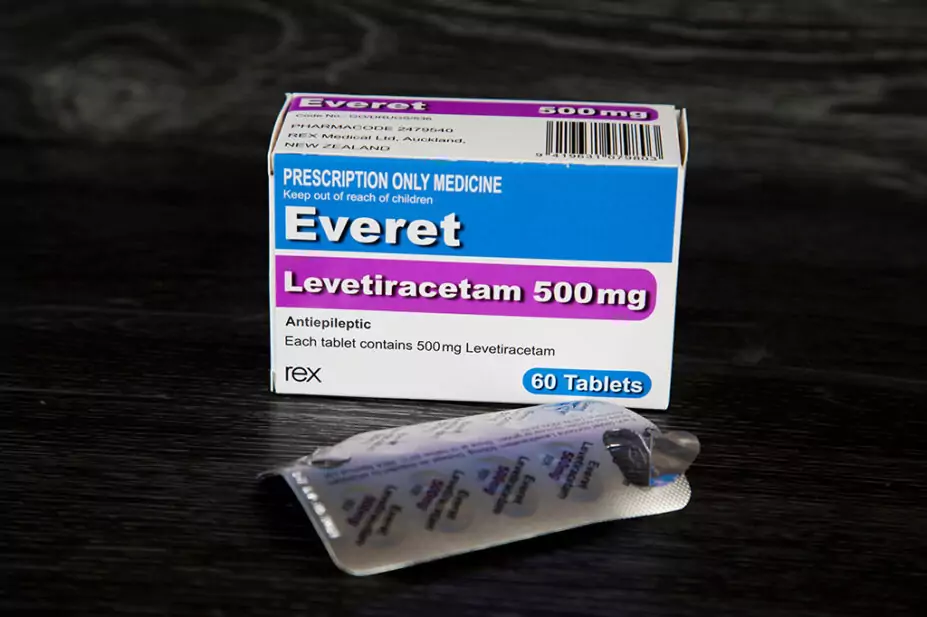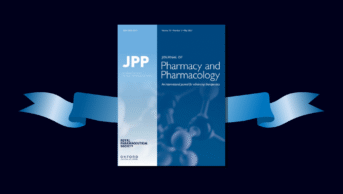
Salena Stinchcombe / Alamy Stock Photo
Prenatal exposure to the antiseizure medicine levetiracetam has been linked to the development of attention deficit hyperactivity disorder (ADHD) and anxiety in childhood, according to a study published in JAMA Neurology.
The study results, published on 17 April 2023, are in contrast to previous research, which suggested that children exposed to levetiracetam had similar risks for neurodevelopmental disorders as unexposed children.
The prospective, population-based study, which aimed to examine the association between prenatal exposure to antiseizure medication with a spectrum of psychiatric disorders in childhood and adolescence, considered data from around 4.5 million children born in Denmark, Finland, Iceland, Norway, and Sweden between 1 January 1996 and 31 December 2017.
From these, 38,661 children of mothers with epilepsy were identified. Prenatal exposure to antiseizure medication was defined as maternal prescriptions filled from 30 days before the first day of the last menstrual period until birth. The main outcome measure was diagnosis of a psychiatric disorder.
The researchers found that prenatal exposure to sodium valproate was associated with an increased risk of developing a psychiatric disorder in childhood and adolescence (adjusted hazard ratio [aHR], 1.80, 95% confidence interval: 1.60–2.03), including an increased risk of attachment disorder, which the authors said had not been reported before.
In contrast, prenatal exposure to lamotrigine, carbamazepine and oxcarbazepine was not associated with an increased risk of psychiatric disorders.
However, associations were found for prenatal exposure to topiramate with ADHD (aHR, 2.38; 95% CI, 1.40–4.06) — a finding which extends the potential behavioural risks of topiramate identified in previous studies — while exposure to levetiracetam was linked to anxiety (aHR, 2.17; 95% CI, 1.26–3.72) and ADHD (aHR, 1.78; 95% CI, 1.03–3.07).
The authors said that the study “strengthens the evidence for the warning against the use of valproate in pregnancy, supports concerns about the use of topiramate and provides a preliminary indication for caution with the use of levetiracetam in pregnancy”.
They also said the findings provided “reassuring evidence” that lamotrigine, carbamazepine and oxcarbazepine were not associated with long-term behavioural or developmental disorders, although they said they could not “rule out” risks with higher doses.
Alison Fuller, director of health improvement and influencing at the charity Epilepsy Action, said it was “surprising” to see new findings suggesting that prenatal levetiracetam exposure could have links with ADHD, especially given the previous conclusion of the Commission on Human Medicines review against this medication.
“However, being made aware of any developments and consistently updating the knowledge of potential risks associated with anti-seizure medication is key to supporting pregnancy and to make informed decisions about ongoing treatment,” she said.
“A recent survey led by Epilepsy Action concluded that the levels of awareness and the quality of communication around the risks of antiseizure medications in pregnancy still needs to be improved, so we will continue to call for this to be addressed.
“It is crucial for people with epilepsy who can get pregnant to have the right information and detailed conversations at the right time, and with the right healthcare professional, to address the risks associated with antiseizure medications and pregnancy.”
In May 2022, a study in JAMA Neurology found that monotherapy with topiramate or valproate was associated with a two- to four-fold increased risk of autism spectrum disorder and intellectual disability compared with unexposed children, while prenatal exposure to duotherapies — including levetiracetam with carbamazepine and lamotrigine with topiramate — was also associated with an increased risk of neurodevelopmental disorders within the same range as valproate exposure.
However, the study concluded that children exposed to lamotrigine or levetiracetam as monotherapy, or together as duotherapy, had similar risks for neurodevelopmental disorders as unexposed children.
In January 2021, a safety review by the Medicines and Healthcare products Regulatory Agency (MHRA) concluded that lamotrigine and levetiracetam were safer than other antiepileptic drugs in pregnancy because they were not linked with an increased risk of birth abnormalities compared with the general population.


